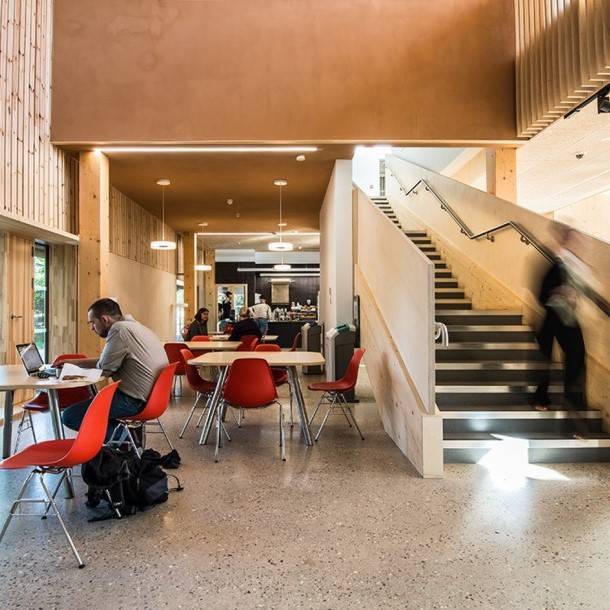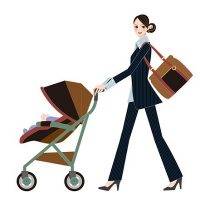October 12, 2016
Majority of workers believe their workplace is making them ill 0
 A huge number of employees (87 percent) blame their workplace for making them ill, with only 25 percent saying they feel healthy at work on a regular basis, claims a new survey from Healthcare provider Benenden. In addition, half of those surveyed (50 percent) said they felt depressed at work, with just 40 percent admitting they are happy in their place of work. The survey of 2,000 employed people reveals that nearly half of workers still go into work, despite being ill. And whether ill or not, once in work, those surveyed confessed to having regular health issues, with backache (84 percent) eye strain (42 percent) and regular migraines (27 percent) all being part of working life. In addition, just under half of respondents (at 44 percent), reported being regularly stressed at work, with a further 91 percent feeling tired several times a week at their desk. Nearly two thirds of workers (58 percent) said that work worries keep them awake at night.
A huge number of employees (87 percent) blame their workplace for making them ill, with only 25 percent saying they feel healthy at work on a regular basis, claims a new survey from Healthcare provider Benenden. In addition, half of those surveyed (50 percent) said they felt depressed at work, with just 40 percent admitting they are happy in their place of work. The survey of 2,000 employed people reveals that nearly half of workers still go into work, despite being ill. And whether ill or not, once in work, those surveyed confessed to having regular health issues, with backache (84 percent) eye strain (42 percent) and regular migraines (27 percent) all being part of working life. In addition, just under half of respondents (at 44 percent), reported being regularly stressed at work, with a further 91 percent feeling tired several times a week at their desk. Nearly two thirds of workers (58 percent) said that work worries keep them awake at night.




































